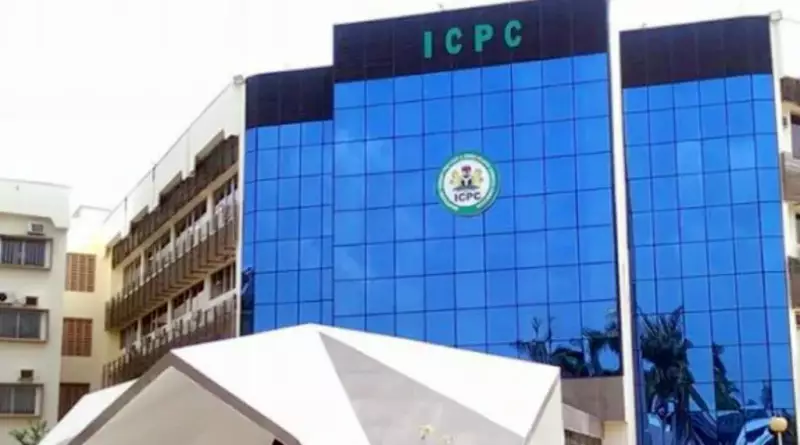
In a startling case of document forgery, Nigeria's Independent Corrupt Practices and Other Related Offences Commission (ICPC) has brought criminal charges against a woman accused of fabricating marriage certificates to facilitate visa fraud.
The defendant, Ojukwu Nwachukwu Nkechi, found herself in the dock before Justice M.O. Olajuwon of the Federal High Court in Abuja, facing serious allegations that could land her behind bars if convicted.
The Elaborate Scheme Unveiled
According to court documents, Nkechi stands accused of masterminding an intricate scheme involving the forgery of a marriage certificate. The prosecution alleges she created counterfeit documents to support fraudulent visa applications, potentially enabling individuals to gain entry into foreign countries under false pretenses.
The ICPC, Nigeria's premier anti-corruption agency, has been intensifying its efforts to combat document forgery and immigration-related crimes. This case represents another significant step in their ongoing campaign to protect the integrity of official documents and prevent exploitation of immigration systems.
Court Proceedings and Charges
During the arraignment, the court heard how investigators uncovered evidence pointing to Nkechi's involvement in the production and distribution of falsified marriage documents. These certificates are crucial documents required for various legal processes, including spousal visa applications.
The charges read in court detailed specific instances where the accused allegedly created and used forged marriage certificates, violating multiple sections of Nigeria's criminal code dealing with document falsification and fraud.
Growing Concern Over Document Forgery
This case highlights the increasing problem of document forgery in Nigeria, particularly concerning immigration documents. Marriage certificate fraud has become a common method used by criminal networks to circumvent immigration laws in various countries.
Legal experts note that such cases not only undermine the credibility of genuine applicants but also damage international perceptions of Nigerian documentation systems.
What's Next for the Case?
The court has set dates for further proceedings, where both prosecution and defense will present their evidence. The ICPC has expressed confidence in their case, citing substantial evidence gathered during their investigation.
If convicted, the defendant could face substantial prison time under Nigeria's anti-corruption laws, which have been strengthened in recent years to combat such offenses more effectively.
This prosecution serves as a strong warning to others involved in similar schemes that authorities are vigilantly monitoring and will not hesitate to bring perpetrators to justice.





